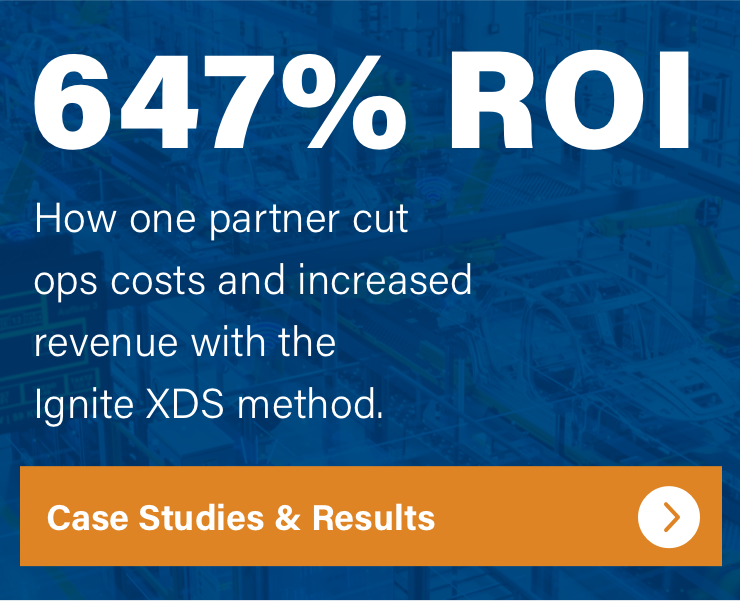
Built to Sell: 3 Systems Buyers Demand (That Most Mid-Market Firms Lack)
You don’t need to be planning an exit to build like you are. Because the truth is, the same systems that make a business sellable… are the ones that make it scalable.
We’ve spent 35+ years helping privately held companies grow, pivot, and scale. One thing is consistent: The ones that command premium valuations, or even just long-term freedom, share one thing in common:
They’re built on systems, not hustle.
Whether you’re considering a sale in 12 months or want to run a healthier, more autonomous business, here are the three systems you can’t afford to ignore.
1. FRAME: Simplification at Scale
Here’s the paradox most mid-market leaders miss: 10X growth is often simpler than 2X growth. While that might seem counterintuitive, it makes sense when you understand how complexity creeps into a company. Most leaders chasing 20% growth keep layering on more, more products, more processes, more people. It feels like progress, but it's just more noise.
By contrast, the businesses that aim higher are forced to focus. When you set a 10X goal, it becomes clear very quickly what actually drives value. That kind of ambition eliminates the busywork and exposes the core leverage points. Most companies discover that a small fraction of their efforts produce the majority of their profit. Everything else becomes a distraction.
This level of simplification isn’t just efficient, it’s valuable. Buyers pay a premium for businesses with clarity of purpose and simplicity of execution. When the core engine of your business is obvious and optimized, scale becomes inevitable.
2. FLOOR: Operational Standards That Scale
Most business owners underestimate how much value lives in the mundane. Consistent processes, clear handoffs, and a standardized customer experience aren’t just operational niceties, they’re essential infrastructure. Without them, companies rely on key individuals to keep things from breaking. That creates risk. And risk lowers valuation.
Buyers want to see that your business can run without you. They want systems that don’t just support growth but enable it. We call this raising your operational floor, establishing a minimum level of execution that’s consistent, repeatable, and scalable across the organization.
This is where many companies lose their footing. What works for 100 customers often breaks down at 1,000. Processes that feel fine today turn into friction points tomorrow. And friction compounds. Every handoff, delay, or inconsistency erodes both margin and customer experience.
The companies that scale successfully build what we call "multiplication infrastructure" systems that become more effective as volume increases. These systems reduce dependency on any single person, simplify training and onboarding, and create a consistent experience that customers trust.
3. FOCUS: The Discipline of Strategic Subtraction
Founders are natural builders. They see opportunity everywhere. But as companies mature, that instinct becomes a liability. Growth by addition creates bloat. Scaling requires subtraction.
This is where we apply a focused test to every part of the business: Does this multiply our core value? Or does it divide our focus?
We work with clients to identify what we call their scaling core, the thing they do better than anyone else in the market. Everything else gets systematically eliminated, automated, or outsourced.
Here’s what that looks like in action:
- A manufacturing client achieved a 647% ROI in just 15 months by focusing exclusively on their most profitable customer segment.
- A Tier II automotive supplier restructured their value proposition and quadrupled their valuation in just over four years.
- A fluid power OEM went from the brink of insolvency to a $45M exit in under two years, without expanding their sales team.
These weren’t branding wins. They were operational shifts driven by ruthless focus and systematized execution.
Final Thought: Optionality Is the Real Win
You don’t have to be planning to sell. But you should still build like you are.
Because when your business is built to scale without you, you gain freedom. You gain options. And you gain a strategic asset, one that can grow, sell, or even run on autopilot while you pursue your next chapter.
Buyers may be impressed by top-line growth. But what they’re really buying is infrastructure. And that’s what we build.
Let’s Build a Business That Can Run Without You.
Not planning to sell? You should still build like you are. Let’s talk.


